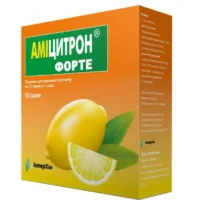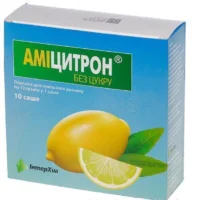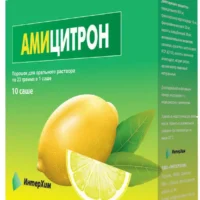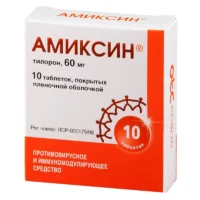Description
Mucitus (Erdosteine) Capsules 300 mg
Ingredients:
- Each capsule contains 300 mg of erdosteine.
Dosage:
- The recommended dosage is one capsule (300 mg) twice daily.
Indications:
- Mucitus capsules are indicated for the treatment of respiratory conditions associated with excessive mucus production.
Contraindications:
- Do not use Mucitus capsules if you are allergic to erdosteine or any other ingredients in the product.
Directions:
- Take Mucitus capsules orally with water, preferably after meals.
Scientific Evidence:
- Erdosteine, the active ingredient in Mucitus capsules, has mucolytic and antioxidant properties. It helps reduce mucus viscosity, aiding in airway clearance. Additionally, erdosteine exhibits anti-inflammatory effects, beneficial for respiratory conditions.
Additional Information:
- Mucitus capsules are well-tolerated with a low incidence of side effects in clinical trials. Adherence to prescribed dosage is crucial to avoid adverse reactions. Erdosteine has shown efficacy in treating chronic bronchitis and COPD by improving mucus clearance and reducing airway inflammation.





